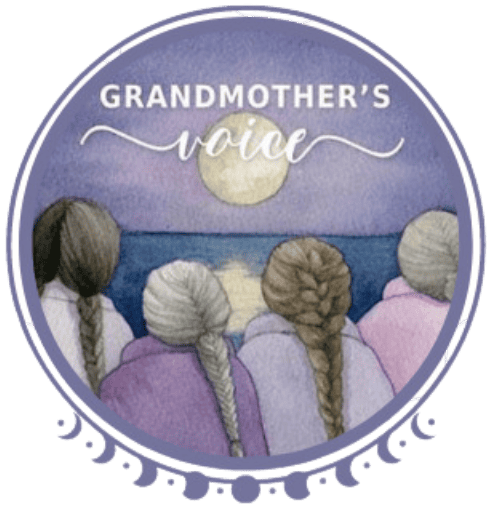CAMPAIGNS & CAUSES
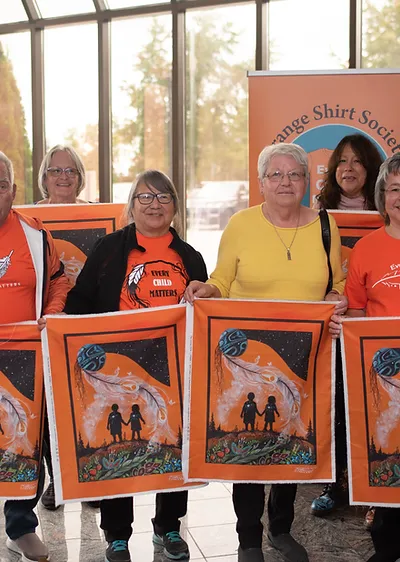
Residential School Survivors
Grandmother’s Voice is supporting the Survivors of The Mohawk Institute Residential School (Mush Hole) by sharing their campaign to bring the Mohawk Village Memorial Park come to fruition.
Please join us in raising funds to provide this sacred space for them to gather on the land.
The Mohawk Institute Residential School was in existence since 1828 and continued to operate until the school closed in 1969. The goal of the schools was to separate First Nations children from their families and communities, which has been described as cultural genocide or “killing the Indian in the child”.
Many children were physically, mentally and sexually abused. Some committed suicide. Some died fleeing captivity to return home
Moving Forward: A commemoration committee has been formed with a goal of transforming the 5 acres around the Mohawk Institute into a memorial park. The park is in honor of First Nations children who attended all Residential Schools. Design and development ideas are welcome from any survivors across Canada or the United States.
A fund raising campaign has been launched to fund this project. Please visit our website for more information or to make a donation. ALL funds raised will go directly towards construction and completion of the park.
Wabshkaa Animkii Benesii (WAB) Program
The Wabshkaa Animkii Benesii (WAB) program is an afterschool that operates in collaboration with Sherbrooke Elementary School and many other community partners in Thunder Bay, Ontario.
WAB works within the cultural practices of the Anishinaabe of the region and has been dreamed, fostered and nourished by Anishinaabe parents, young people and children in the school’s community. WAB offers the students, an afterschool hub, cultural experiences and teachings, field trips, crafts, games and family feasts while providing snacks and a full nutritious meal Monday to Friday during the regular school year.
The program fills a crucial need in the local community, its success is rooted in the daily practices of cultural teachings and healthy traditional foods which is demonstrating an increase in successful outcomes for the students at Sherbrooke Elementary School and the surrounding communities.
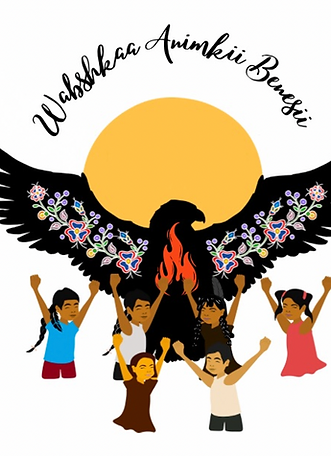
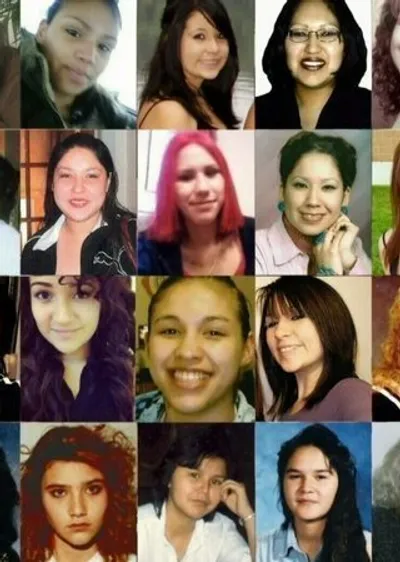
MMIWG2S
Our Living Monument
Our Women Now Campaign for a Living Monument for Missing and Murdered Indigenous Women and Girls -MMIWG2S+
This Monument will be the Healing and Medicine garden to honour our stolen sisters. It has been designed by Grandmother Renee Thomas-Hill and Miinikaan.
Sign the petition for the Our Women Now Campaign here:
Bring Our Children Home
Grandmother’s Voice and Residential School Survivors collaborate to share experiences and information to support all relatives on the collective journey of Truth and Reconciliation.
This space will provide links, videos, resources and more to help navigate and connect you to knowing your responsibilities to the 94 Calls to Action.
Bring our Children Home – Ojibwe Artist Isaac Murdoch – Campaign launched to bring awareness to the children who didn’t return home from the Indian Residential Schools across our nation.
Grandmothers Voice continues to support the Survivors as our nation continues to search the grounds of the 139 residential schools that existed.

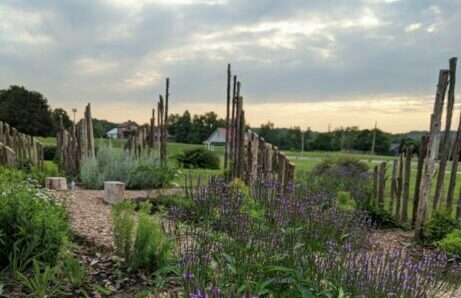
Indigenous-Led Community Gardens Project
Planting, growing, and harvesting in Community with community.
Being a definitive lack of traditional seeds throughout Ontario, we are preparing to grow both seeds for future use but an area where growing foods for their citizens can be done as well. This will take a few years to make sure that it is all done properly, but the more than three acres will be able to revitalize the lost traditional seeds and encourage new planting in this area and surrounding the province.
Join the Community
Subscribe to our newsletter and be the first to access exclusive Grandmother's Voice and Dennis Windego content, including updates, stories, and insights that celebrate Indigenous wisdom and unity.
